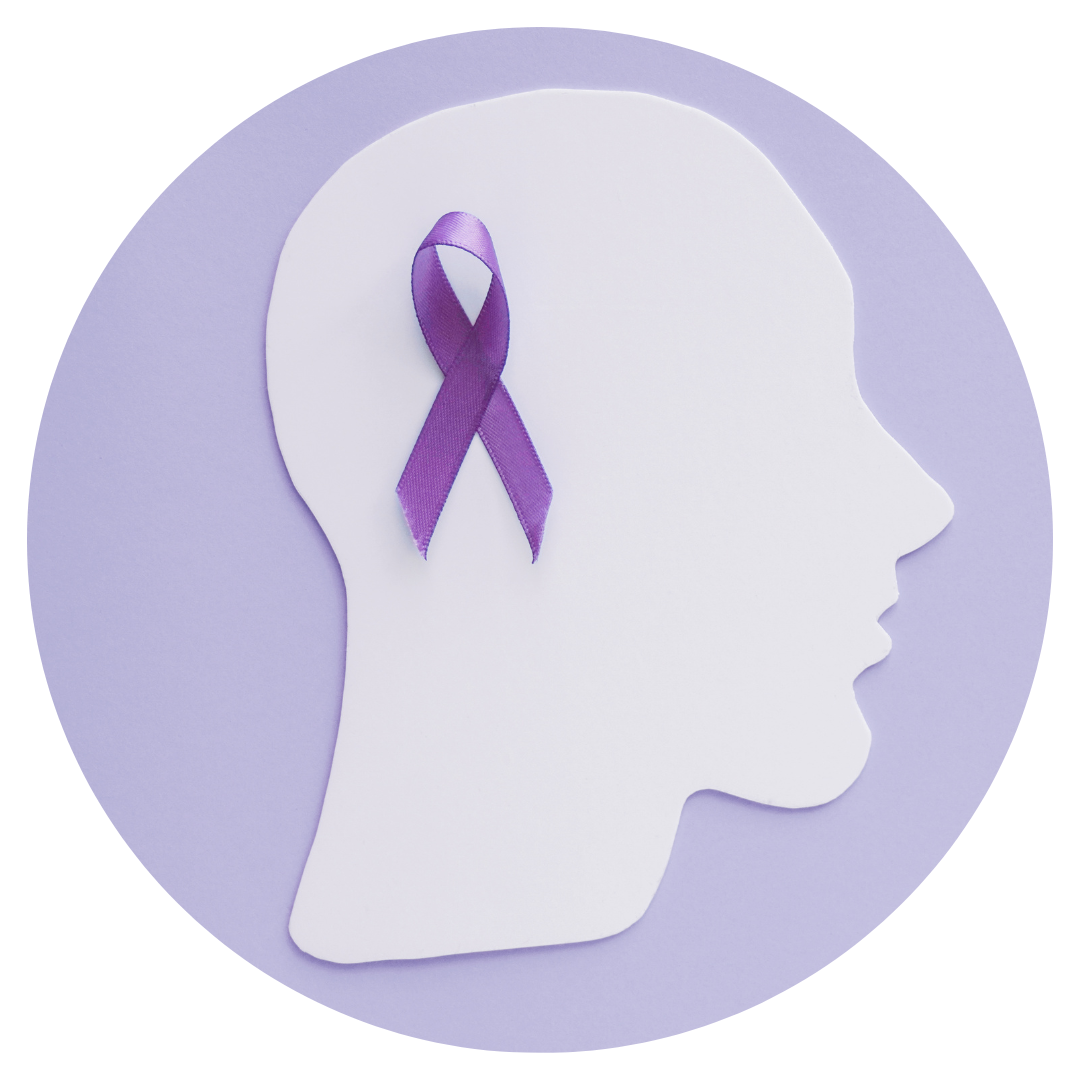BLOG
Living, healing and thriving after covert abuse.

JUly 11 2023
3 Mental and Emotional Effects Abuse Has on Victims
Abuse, in any form, leaves deep and lasting scars on its victims. Beyond the physical pain, abuse inflicts profound mental and emotional wounds that can persist long after the abuse has ended. These effects often remain hidden, making it crucial to shed light on the mental and emotional toll that abuse takes on its victims. In this article, we will explore three significant mental and emotional effects that abuse can have on survivors, highlighting the importance of providing support and understanding to those affected.
1. Post-Traumatic Stress Disorder (PTSD):
One of the most common mental health conditions experienced by abuse survivors is Post-Traumatic Stress Disorder (PTSD). PTSD can develop after exposure to a traumatic event or a series of ongoing traumatic experiences. Individuals who have endured abuse often live in constant fear, anticipating danger, and experiencing vivid flashbacks or nightmares associated with their traumatic experiences.
The symptoms of PTSD, such as hypervigilance, severe anxiety, and emotional detachment, can severely impact an individual's daily life and relationships. Victims may struggle with trust, intimacy, and a sense of security. Overcoming PTSD requires a comprehensive approach that includes therapy, support networks, and a safe environment for healing.
2. Low Self-Esteem and Self-Worth:
Abuse undermines a person's self-esteem and self-worth, leaving them with a distorted self-perception and a profound sense of inadequacy. Perpetrators often engage in tactics aimed at diminishing the victim's sense of self, such as constant criticism, humiliation, or belittlement. The continuous exposure to such negativity erodes the victim's confidence, leaving them questioning their own worth and abilities.
Survivors of abuse may struggle with self-doubt, feeling unworthy of love, support, and success. This deep-seated lack of self-esteem can hinder personal growth, relationships, and professional development. Rebuilding self-esteem requires patience, self-compassion, and therapeutic interventions that focus on developing a positive self-image and reclaiming one's inherent value.
3. Emotional Dysregulation and Trust Issues:
Abuse has a profound impact on an individual's ability to regulate their emotions and form trusting relationships. Survivors often experience intense emotional dysregulation, ranging from anger, guilt, and shame to numbness and emotional detachment. These emotional responses are adaptive survival mechanisms developed as a result of enduring abuse, but they can hinder healthy emotional expression and connection with others.
Furthermore, the betrayal of trust experienced during abuse can lead to significant trust issues in future relationships. Victims may struggle to open up, fear vulnerability, and constantly anticipate betrayal. These challenges can hinder their ability to form and maintain healthy, intimate relationships.
Supportive therapeutic interventions, such as trauma-focused therapy and support groups, can help survivors navigate emotional dysregulation and rebuild trust in themselves and others. Developing healthy coping strategies, establishing boundaries, and fostering a sense of safety are crucial steps in the healing process.
The mental and emotional effects of abuse on survivors are deep-seated and long-lasting. It is essential to acknowledge and understand these effects to provide appropriate support and care to those affected. Post-Traumatic Stress Disorder, low self-esteem, self-worth issues, and emotional dysregulation with trust issues are just a few of the challenges faced by survivors of abuse. By offering compassion, creating safe spaces, and promoting access to therapy and support networks, we can help survivors reclaim their lives and embark on a journey towards healing, empowerment, and resilience.
